Reading Branch meeting 31st January 2019
Speaker: Mike Swaddling
Mike, a retired marketing communications manager living in Sandhurst, after full time work, he was able to follow up an idea inspired by his father’s memoirs to help retired people with their reminiscences. Over 10 years, he visited retirement homes and recorded first-hand stories of lives of five hundred people stretching back almost 100 years. These were compiled into ten or twelve anthologies. The stories are as varied as human nature itself, and his talk brought a handful of them to life in an entertaining fashion and with lots of humour. He also shared some of the techniques he learned on how to get people to talk about their past lives.
Firstly, one needs to have the background, then a technique, and finally anecdotes.
There is no such thing as an ordinary life. His father’s life story up to 1997 would not be considered “P.C.” today but times were different. He developed a “talking style” trying to manage sentiment. It was an original idea, but he also learnt there was no money to be made from this labour of love.
Mike suggested the format to success is to follow a procedure which encompasses an introductory talk to a group of like minded people, then a list of who will contribute, then a schedule of hourly interviews (this was originally based on the length of a tape cassette). Then a visit to the homes of those to be recorded and the making of notes, tapes are then transcribed and a first draft produced. One should then return to the contributors and make corrections as necessary. A final draft is done and then amalgamated into a word document.
Techniques required for this to be fruitful are – listening, giving the interviewee time, active listening, reflecting, seeking repetition to get full facts, and most important leaving silence.
One should try and win the trust of the subject and it is easier to be introduced to then by someone they trust. They are usually happy to have someone listen to their stories. This sometimes may involve you giving something of yourself in a recollection. It is important to make yourself human. The environment where you do the recording is important, somewhere with minimal disruption.
Most recollections suffer terminal modesty, “been nowhere, done nothing”. One should beware of what people would want to hear about, social history is of great value.
In conclusion Mike believes you must like old people, give them time, show interest in their stories and let them ramble.
Benefits of doing this are for the tellers it gives life some worth, stimulates memory, and increases self worth and also the joy of seeing their life in print. For families it records history, helps relationships and can form bonds between grandparents and grandchildren.
